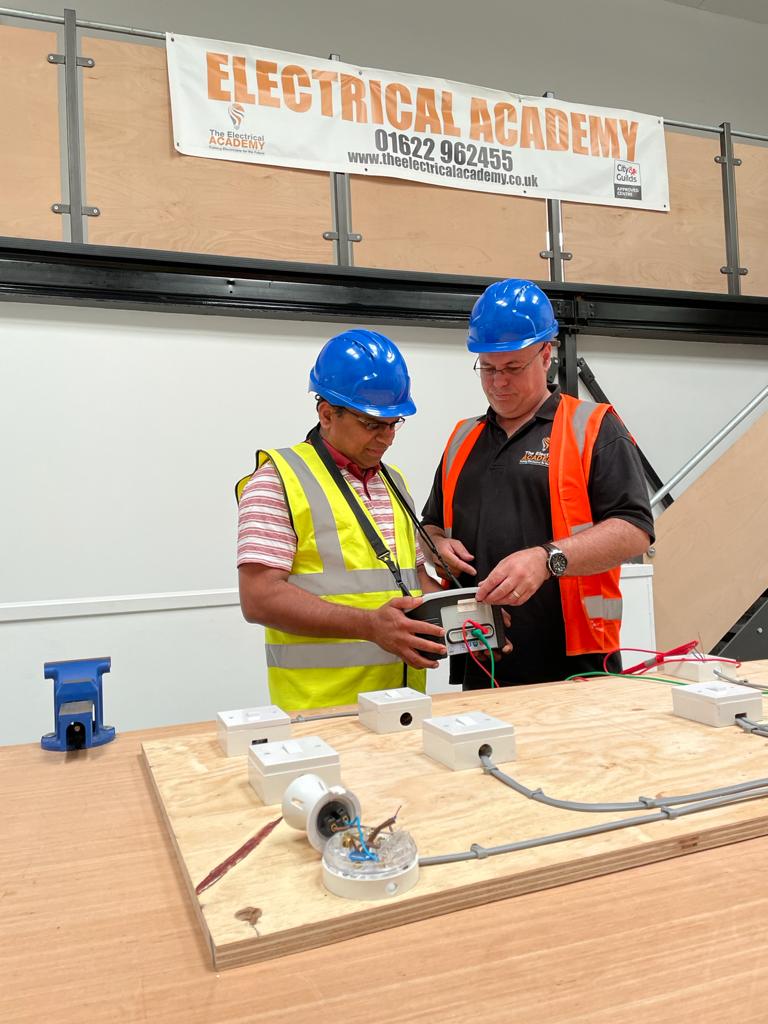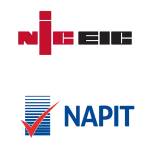
What is changing?
With effect from 1st September 2021, 18th Edition and Domestic Electrical Installer qualifications will no longer be accepted as proof of competence. In order to be able to self-certificate electrical work undertaken in domestic dwellings, individuals need to register with a scheme provider (NICEIC or NAPIT) as a ‘Competent Person’.
The document that sets out the criteria for individuals and businesses Competent Person Scheme (CPS) registration is the Electrotechnical Assessment Specification (EAS) and was updates in 2020. In order to verify competence, scheme providers, such as NICEIC and NAPIT must act in accordance with Electrotechnical Assessment Specification (EAS) guidelines.
What is Competent Person Scheme (CPS)?
 Competent Person Scheme (CPS) was introduced by the UK Government to allow individuals and enterprises to self-certify that their work complies with the Building Regulations as an alternative to submitting a building notice or using an approved inspector. Competent Person Schemes help to tackle the problem of incompetent builders by raising standards in the industry and enabling consumers to identify competent installers. They also allow building control bodies to concentrate their resources on areas of higher risk.
Competent Person Scheme (CPS) was introduced by the UK Government to allow individuals and enterprises to self-certify that their work complies with the Building Regulations as an alternative to submitting a building notice or using an approved inspector. Competent Person Schemes help to tackle the problem of incompetent builders by raising standards in the industry and enabling consumers to identify competent installers. They also allow building control bodies to concentrate their resources on areas of higher risk.
CPS providers have now informed us of these upcoming changes, to make future scheme entrants aware of the new requirements for joining. We welcome these changes as we believe they will bring a positive change within the electrical sector, helping to push for a greater level of competency of contractors.
For more information on the CPS changes please contact us on 01622 962 455
What are the new requirements?
Some of the requirements are:
- Inclusion of the requirement for £250k professional indemnity insurance for businesses undertaking EICR’s
- Change to the applicant Qualified Supervisor qualification and experience requirements from September 2020 and September 2021 including
- a requirement for two years responsibility for electrotechnical work and
- from Sept 21 the requirement to hold a formal ‘craft’ qualification as well as BS7671 and inspection and testing qualifications for applicant QS’s, with recognition of previous experience of being a registered QS within the last 2 years
- Additional requirements documentation to support electrical work completed by the business.
- Greater focus on assessing staff supervision (employed persons*) and the records the business keeps in general, especially in respect of staff training records, competence and CPD evidence.
For a full guidance please refer to the EAS document here
